During his opening address on April 18 at F8, Facebook's developer conference, CEO Mark Zuckerberg launched the company's augmented reality platform centered on artificial intelligence-powered cameras.
The new AR platform will allow developers to display information, add digital objects, or apply enhancements through the camera, which will be deployed across Facebook's suite of applications.
"We're making the camera the first augmented reality platform," said Zuckerberg.
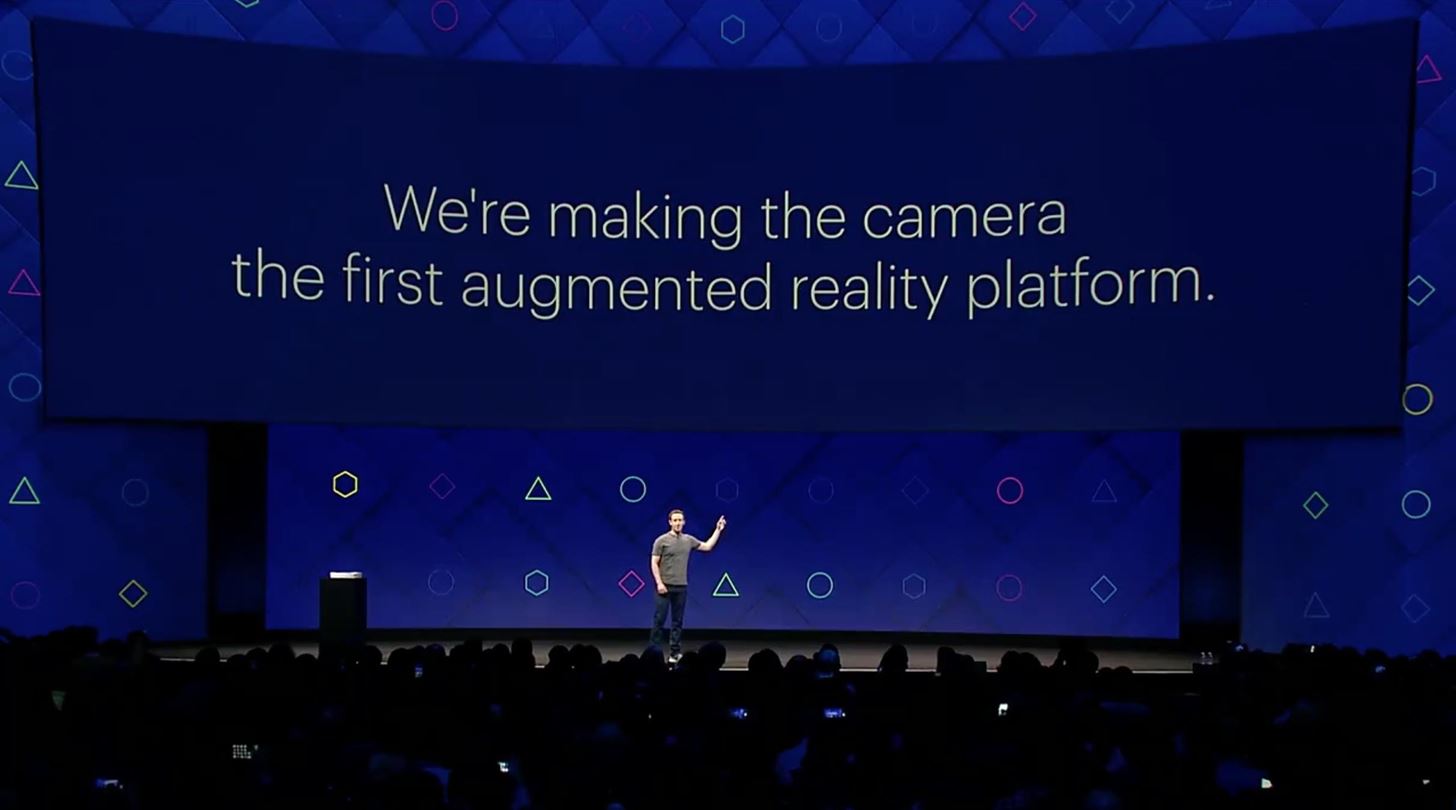
After making a plea to the audience to develop community in the wake of the Facebook Live-streamed killings in Cleveland on Easter Sunday, Zuckerberg's presentation centered almost entirely on augmented reality, signaling the priority the company is placing on AR.
"We see it the as the beginning of a new platform," said Zuckerberg.
As it turns out, the flurry of Snapchat-inspired features that Facebook has added to its apps was just the first act. Today, with the closed beta launch of their AR camera platform, Facebook begins their second act in the AR field. Zuckerberg envisions thousands of applications for the AR platform, much like the applications available Facebook and Messenger.
Through Facebook AR Studio, developers can leverage tools to build AR apps for Facebook's platform. It will use precise location via simultaneous localization and mapping (SLAM), which will allow developers to place objects in the real world environment.

Developers can access 3D effects to capture and interact with environments in high precision. Zuckerberg showed an example of a room with adjustable lighting effects that could be filled with water, bouncing balls, or candy.

Lastly, the platform will give developers object recognition tools that enable applications to identify physical or virtual objects and allow users to interact with them.
Zuckerberg presented several use cases that developers can build. He showed an example from Nike that facilitated sharing of exercise activity with 3D effects and performance data over a selfie.
Next, a video of a father and his children demonstrated a tower defense game that turned a coffee table into a game board, where players can interact physically with the virtual gameplay.

Lastly, Zuckerberg shared examples of virtual overlays at set locations, including art filling blank walls and spaces, recommendations and reviews pinned at restaurants or bars, and virtual notes stuck to the refrigerator at home.
We'll have more AR and mixed reality news as it develops from this year's F8 conference.
Just updated your iPhone? You'll find new features for Podcasts, News, Books, and TV, as well as important security improvements and fresh wallpapers. Find out what's new and changed on your iPhone with the iOS 17.5 update.
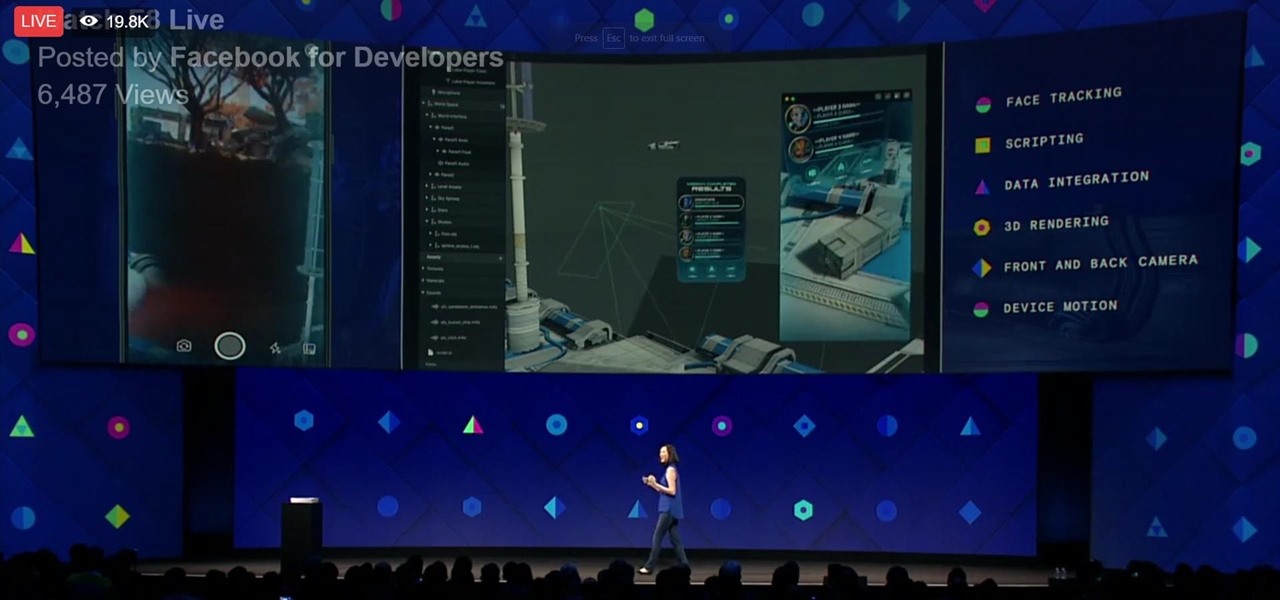


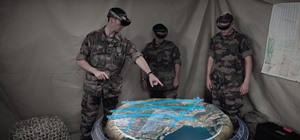
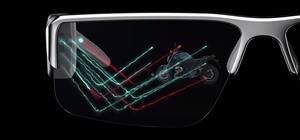

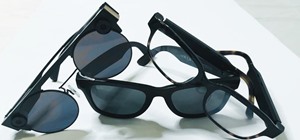



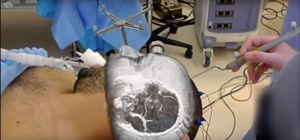

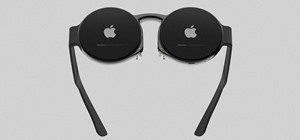

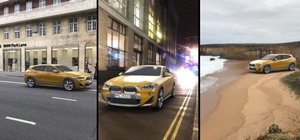

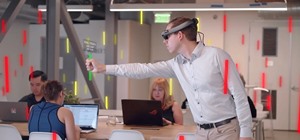
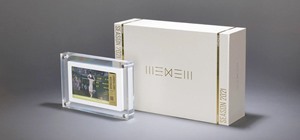

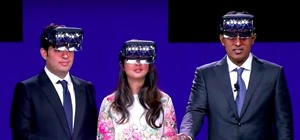


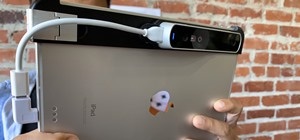
Be the First to Comment
Share Your Thoughts